One of the most important parts of the home buying process is taking out a mortgage so you can actually buy your house. The vast majority of people can’t afford to just buy their houses with cash so mortgages are a real estate term we use for taking out a loan from a bank to buy the home and then paying that loan back over time. Since mortgages are such an important part of the home buying process, it’s no wonder that there are multiple roles that people can take where they work with mortgages. With how many different loans there are and with so many lenders, homebuyers need experts who are trained in these subjects to help them out. Here are a few of the most common careers involving mortgages.
Mortgage Underwriter
Being an underwriter is one of the most important mortgage-related roles out there. Underwriters are the ones in charge of reviewing all documentation relating to the loan before it’s approved by the lender. They will typically go through all of the paperwork to ensure everything is filled out properly and that everything looks good. If issues arise within the documentation, such as late payments or past due credit, the underwriter must then make sure that these issues are addressed before the loan is given out in order to protect the lender.
Mortgage Broker
Brokers are the middlemen between the person looking to take out a loan and the mortgage company itself. Mortgage brokers require social and communication skills, as it’s their job to go out and find people that need mortgages and then work with them and multiple lenders in order to get the loan they want. Brokers’ schedules are a little less traditional, often working in the evening and over the weekend, and they earn fees for their services that are typically connected to how big the loan was.
Loan Officer
Similar to a mortgage broker, loan officers need to have excellent social skills and be comfortable with networking in order to find new clients. One of the differences between the roles though is that they must explain to borrowers the differences between the various mortgage options available to them and work closely with them throughout the entire process. Depending on the lender you work for, a loan officer may have to do things in the underwriting and collections category as well.

